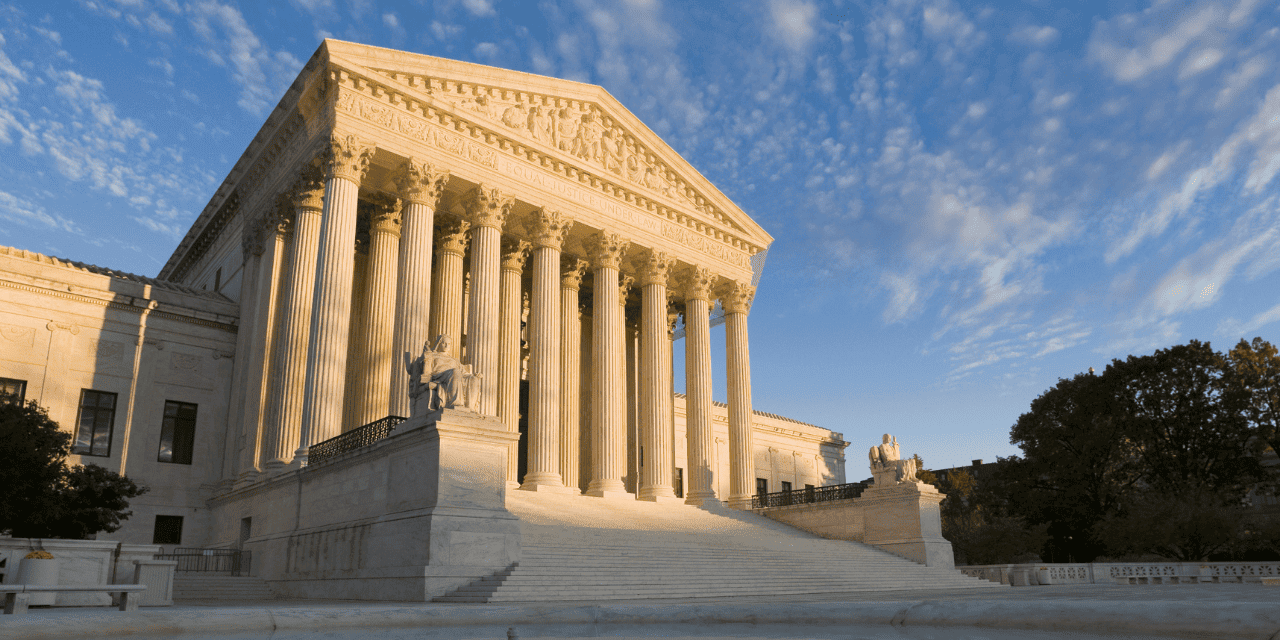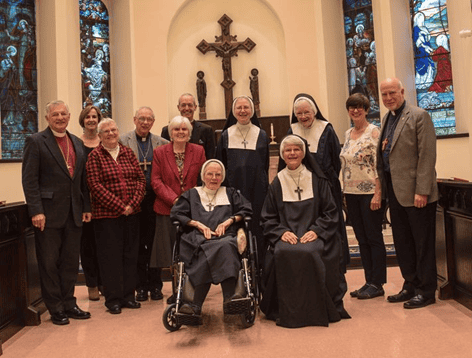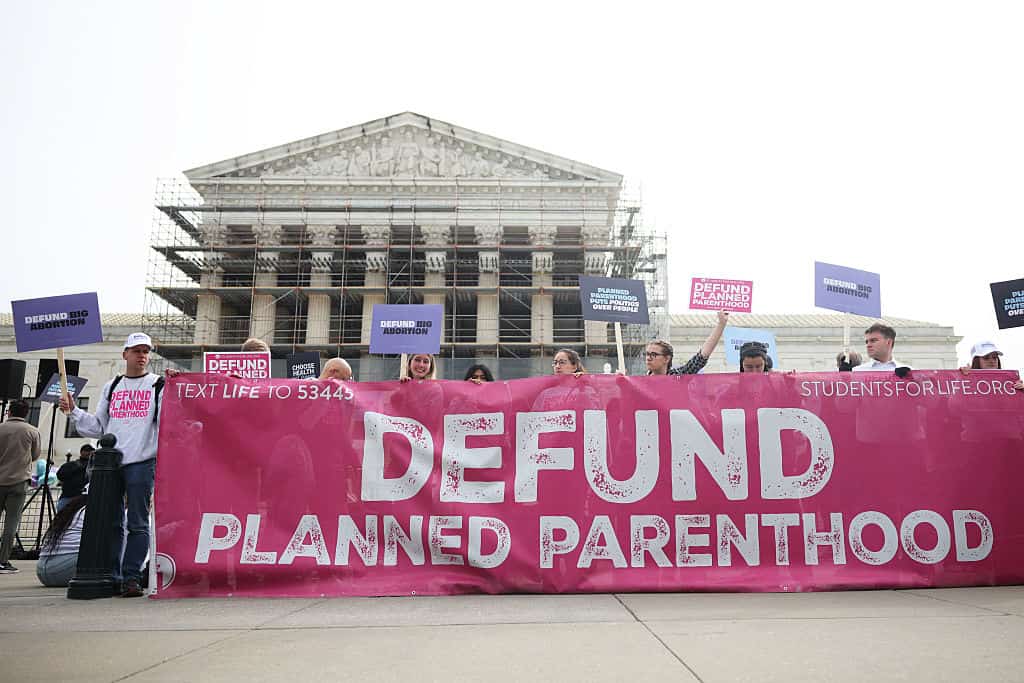Texas Abortionists Ask Supreme Court to Hear Heartbeat Law Challenge Now

Texas abortion sellers who have challenged the state’s new heartbeat law that went into effect September 1 – which prohibits abortions once a heartbeat can be detected – have already been frustrated once by the U.S. Supreme Court in their attempts to get an emergency order blocking the law. Now they’re back, filing an unusual request with the nation’s high court to take the case away from the lower courts and hear it themselves.
Called a “petition for a writ of certiorari before judgment,” the legal maneuver is rare, but not unheard of in our history. The New York Times explains that it has only been used in cases “involving national crises like President Harry S. Truman’s seizure of the steel industry and President Richard M. Nixon’s refusal to turn over tape recordings to a special prosecutor.”
So what is the national crisis the Texas abortionists assert as justification for this extraordinary petition? Apparently, only that women seeking abortions are being inconvenienced.
“Meanwhile, Texans are in crisis,” the abortionists’ petition argues. “Faced with the threat of unlimited lawsuits from the general populace and the prospect of ruinous liability if they violate the ban, abortion providers have been forced to comply. As a result, Texans with means must now travel hundreds of miles each way to other States during a pandemic, just to exercise a clearly established federal right.
“The surge of Texans seeking out-of-state appointments for this time-sensitive medical care is causing backlogs in those States, delaying abortions by weeks for Texans and non-Texans alike.”
And, hopefully, many of those pregnant women are having second thoughts about obtaining an abortion and are choosing life for their babies.
The Texas abortionists who brought the lawsuit are clearly frustrated by the law, which by its terms is enforceable only by private litigants, and not by any state government officials. Federal courts can’t just declare laws unenforceable prior to a trial; they can only issue injunctions requiring the defendants – typically government law enforcement and administrative agencies – not to enforce the law during the period of time it takes to conduct a trial. That can usually take a couple years, and then there are the appeals that follow.
The proper legal procedure to challenge the constitutionality of the Texas law would be to wait until an abortionist is sued by a private citizen, and then challenge the law in that particular case. But the abortionists have become used to having laws rendered unenforceable before they go into effect, simply by obtaining injunctions against easily identifiable government enforcement officials. They don’t want to risk a trial of any kind.
So, they’re hoping the Supreme Court will step in and take the case even before the lower courts have a chance to examine the issues involved.
But as legal expert Ed Whelan notes, nothing has changed since the justices rejected an emergency request from the abortion sellers a few weeks ago to block the law from going into effect.
“When the Supreme Court denied the abortion providers’ previous application for emergency relief, the per curiam majority observed that their application ‘presents complex and novel antecedent procedural questions on which they have not carried their burden,’” Whelan writes. “Nothing has changed on that score. So why should the Court grant certiorari? Why not benefit from the Fifth Circuit’s consideration of those antecedent questions?”
The Times article suggests the abortionists saw something in Chief Justice Roberts’ dissent issued in that first rejection that perhaps hinted the justices would be more receptive to hearing the merits of the constitutional arguments than they were when they denied the emergency request.
“But although the court does not address the constitutionality of this law, it can of course promptly do so when that question is properly presented. At such time the question could be decided after full briefing and oral argument,” Roberts wrote in his dissenting opinion at the time.
But that doesn’t mean that Roberts would be keen to leapfrog the lower courts’ involvement in addressing the constitutional issues in this case. As many observers have noted over the years, Roberts is an “institutionalist,” meaning he rarely jeopardizes the reputation of the high court by acting boldly or rashly.
And, as Whelan also notes, there is another case already in progress, brought by the U.S. Department of Justice, against the Texas law. There is a hearing in that case scheduled for October 1 in a federal district court in Austin, Texas, on DOJ’s motion for a preliminary injunction. Unless the abortion sellers believe the DOJ’s efforts will fail, asking the Supreme Court to take the extraordinary step of accepting an appeal now won’t get any traction among the justices.
The Texas law continues to save pre-born lives every day that it remains in effect. This longshot effort by abortionists to convince the Supreme Court to take up its case prematurely does not have strong odds of succeeding. We’ll be sure to let you know what the justices decide on this latest attempt to block the Texas law.
Photo from Shutterstock.
ABOUT THE AUTHOR

Bruce Hausknecht, J.D., is an attorney who serves as Focus on the Family’s judicial analyst. He is responsible for research and analysis of legal and judicial issues related to Christians and the institution of the family, including First Amendment freedom of religion and free speech issues, judicial activism, marriage, homosexuality and pro-life matters. He also tracks legislation and laws affecting these issues. Prior to joining Focus in 2004, Hausknecht practiced law for 17 years in construction litigation and as an associate general counsel for a large ministry in Virginia. He was also an associate pastor at a church in Colorado Springs for seven years, primarily in worship music ministry. Hausknecht has provided legal analysis and commentary for top media outlets including CNN, ABC News, NBC News, CBS Radio, The New York Times, the Chicago Tribune, The Washington Post, The Washington Times, the Associated Press, the Los Angeles Times, The Wall Street Journal, the Boston Globe and BBC radio. He’s also a regular contributor to The Daily Citizen. He earned a bachelor’s degree in history from the University of Illinois and his J.D. from Northwestern University School of Law. Hausknecht has been married since 1981 and has three adult children, as well as three adorable grandkids. In his free time, Hausknecht loves getting creative with his camera and capturing stunning photographs of his adopted state of Colorado.
Related Posts

New York Ends Fight to Force Nuns to Pay for Abortions
January 27, 2026



